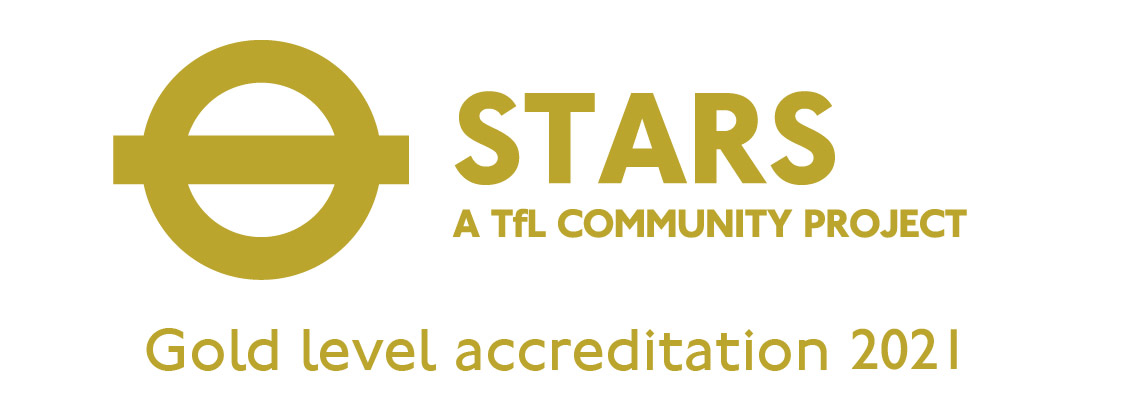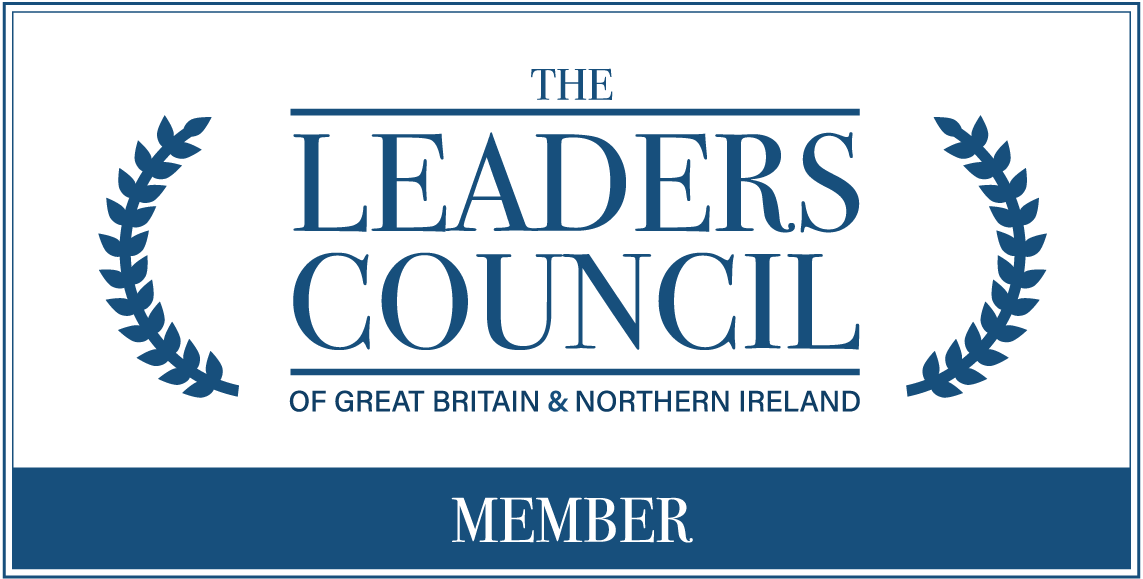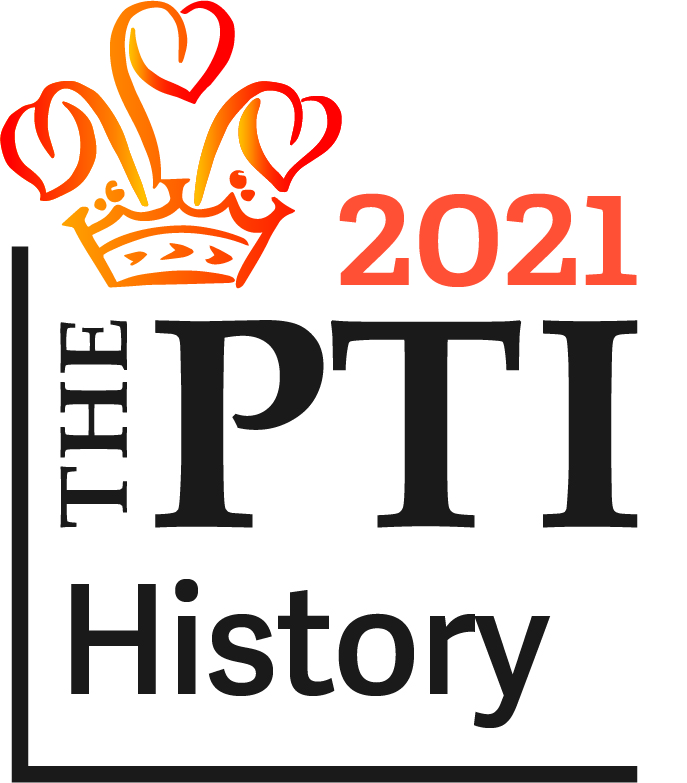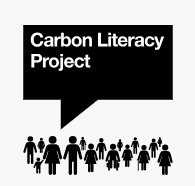| CHEMISTRY | |||
|---|---|---|---|
| INTRODUCTION |
Chemistry is the branch of science concerned with the substances of which matter is composed, the investigation of their properties and reactions, and the use of such reactions to form new substances. The specification is structured in a way that starts with the fundamental ideas in Chemistry, putting the building blocks in place. This enables students to develop an understanding of topics such as chemical structures and their properties, chemical reactions and how to analyse substances. |
||
| EXAM BOARD | AQA | ||
| STRUCTURE OF COURSE |
EXAMINATION UNIT: 1 EXAMINATION UNIT: 2 | ||
|
|
This Examination Unit covers the following topics: Atomic structure and the periodic table; Bonding, structure, and the chemistry; Energy changes |
This Examination Unit covers the following topics: The rate and extent of chemical Chemistry of the atmosphere; |
|
| ASSESSMENT |
Paper 1 - Topics 1-5: Written exam: 1 hour 45 minutes, 100 marks, Multiple choice, structure, closed short answer and open response (50% of GCSE). |
||
| CONTENT | |||
| UNIT: 1 |
Explores the fundamental building blocks of matter with discussion about Key historical breakthroughs that underpin ideas about atoms, elements, compounds and the periodic table. |
||
| UNIT: 2 | Looks at how different modes of bonding affect the properties of different materials, | ||
| UNIT: 3 | A largely Maths based topic that enables learners to appreciate the amounts of substance that can be produced. | ||
| UNIT: 4 | Investigates some important chemical reactions with an emphasis on acid-base chemistry linking ideas of pH with the amount of substance that can be produced. | ||
| UNIT: 5 | Explores the importance of energy in different chemical reactions. | ||
| UNIT:6 | Using practical techniques, learners consider factors that affect how fast a reaction takes place | ||
| UNIT: 7 | Learners investigate the importance of crude oil. The separation of crude oil by fractional distillation and the products that can be derived from crude oil are also investigated as well as environmental implications. | ||
| UNIT: 8 | Learners investigate techniques chemists can use to identify chemicals. | ||
| UNIT: 9 | Looks at the gases in the atmosphere and how the composition of air has changed. | ||
| UNIT:10 | Learners explore the Chemistry of the Earth’s resources and how these resources can be made available for extraction and in some cases manufacture. | ||
| ADDITIONAL INFORMATION | |||
|
Within each topic and both tests students will be expected to demonstrate their ability to think scientifically in the context of practical exams and be able to do basic calculations linking to chemistry. There are 8 core practicals that students will completed throughout the GCSE – exam questions are likely to be based on the skills required for these practicals. This is instead of coursework or a practical controlled assessment. |
|||
































